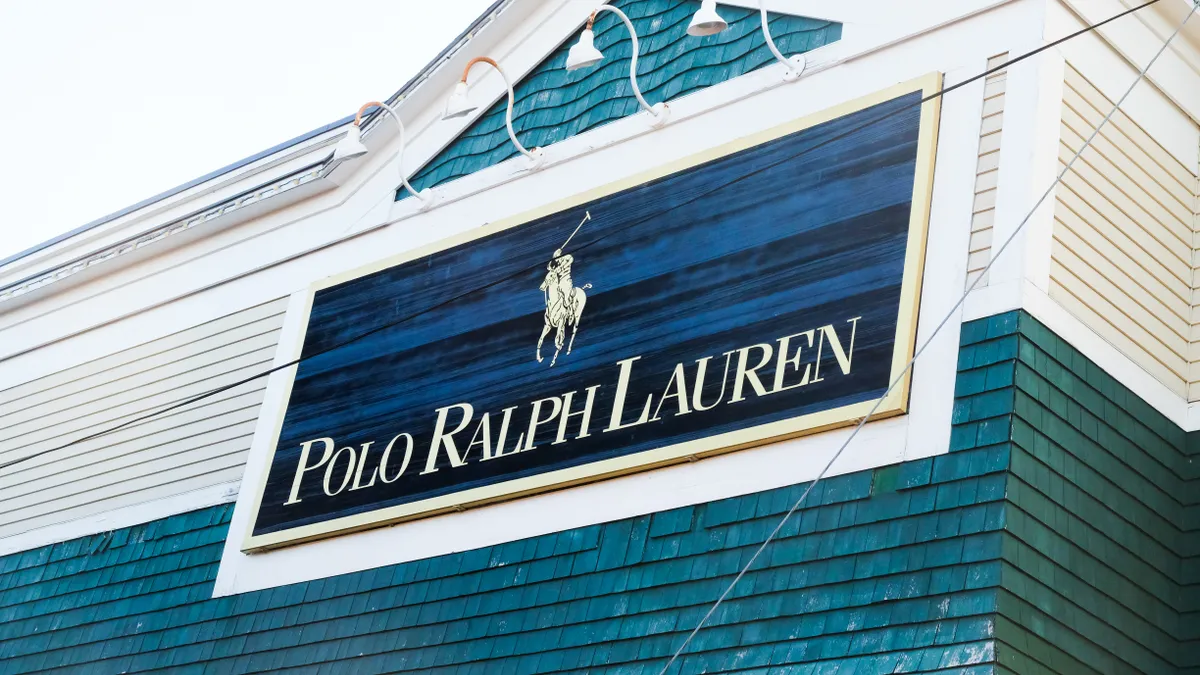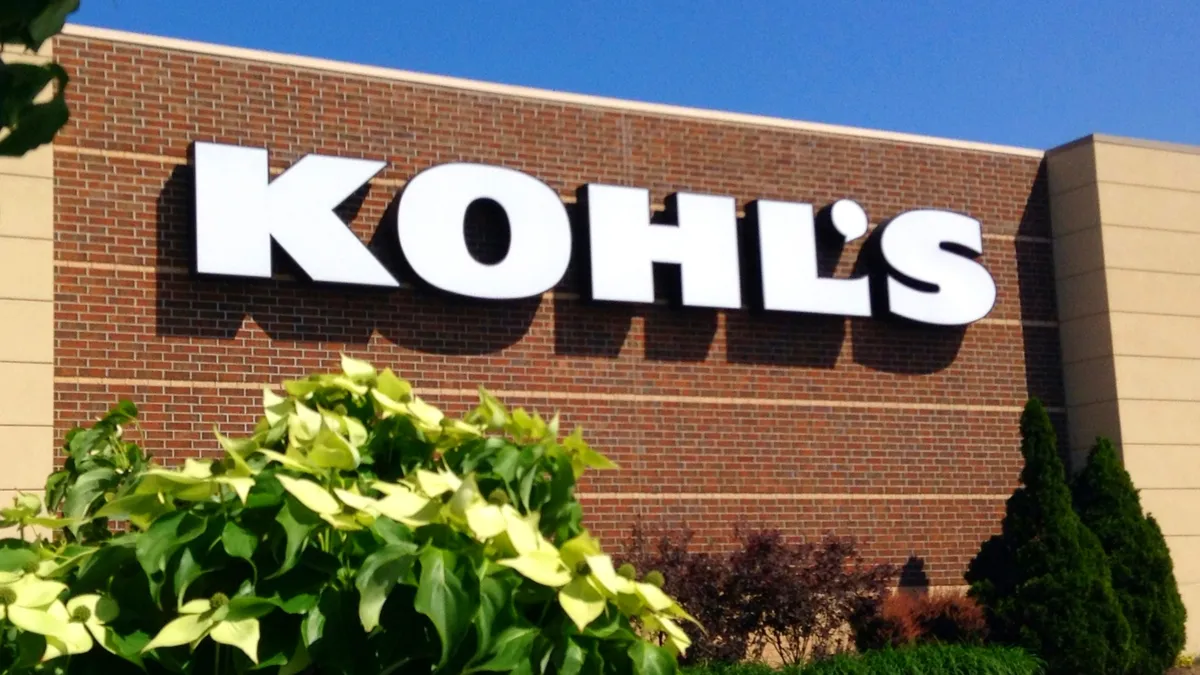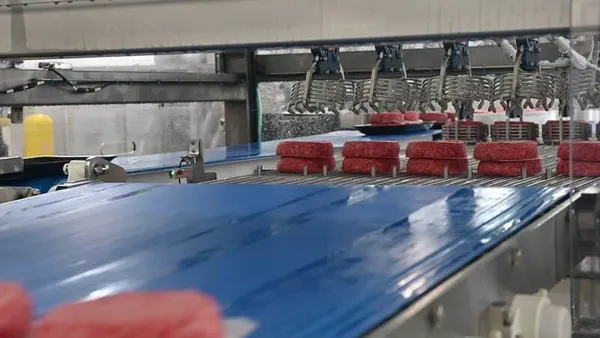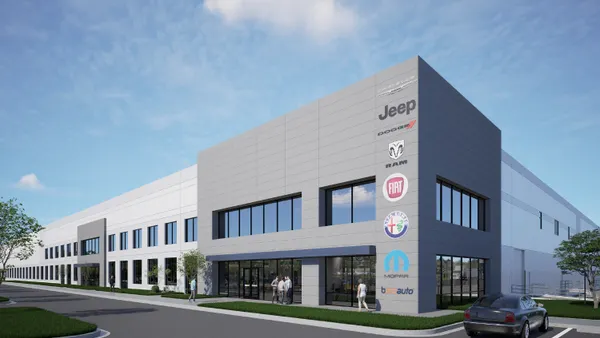Dive Brief:
- Global standards organization GS1 US has completed a proof-of-concept exercise that sought to show multiple food traceability systems can exchange information as products travel along the supply chain, according to a press release issued Wednesday.
- FoodLogiQ, IBM Food Trust, ripe.io and SAP, the four traceability platform providers participating, simulated a seafood supply chain using GS1 standards in order to identify the item being tracked and transmit the location along the chain.
- Suppliers, distributors, retailers and foodservice operators will participate in the next round of testing which will focus on data privacy, permission and data-sharing. The companies that will participate have not been announced.
Dive Insight:
The interoperability of software systems is key to industry-wide adoption of any traceability technology since digitizing a supply chain made up of thousands of players means all of those players need to speak the same digital language. Without interoperability, traceability may be possible, but only if every producer, processor, distributor and retailer uses the same software — which is unlikely.
Other industries seeking visibility have formed associations to facilitate the development of standards in the pursuit of interoperability. The Blockchain in Transport Alliance does this work across freight modes and the Digital Container Shipping Association is making standardization methods for ocean freight.
GS1 is playing a similar role in food. The not-for-profit issuer of UPCs and barcodes hired Kraig Adams as vice president of blockchain in January. Adams filled the post after 25 years of working in distribution for Coca-Cola.
"As a transformative technology that could potentially improve trading partner relationships and business processes, blockchain has become top-of-mind for GS1 US members," Siobhan O'Bara, senior vice president of community engagement at GS1 US, said in a statement announcing Adams' hire.
The value that food industry heavyweights see in digital traceability has been evident for several years. Ripe.io's latest funding round was led by Maersk. And FoodLogiQ has a customer list that includes Buffalo Wild Wings, Cava, Chipotle, Compass Group USA, Five Guys Burgers and Fries, Panda Restaurant Group and Subway.
"It is essential to have data harmonized and interconnected," Rob Trice, the founding partner of Better Food Ventures, a venture capital investor focused on applying technology to food and agriculture, told Supply Chain Dive. "GS1's participation in such an effort can establish a foundation upon which many parties can build."
Progress toward such a foundation continues, but food supply chains are still far from the complete digitization blockchain proponents claim is inevitable.
"There are numerous issues holding back blockchain adoption," Trice said, suggesting GS1's next phase focusing on data-sharing and privacy is an apt concern. "Technical issues can be solved but there is a fundamental question about sharing data in a way that works for everyone across the value chain, not just driving price efficiencies from farmers to the benefit of CPGs or retailers."














